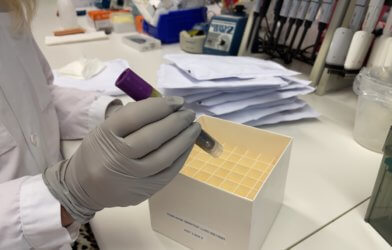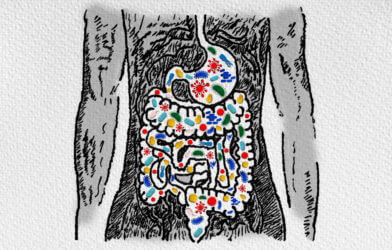
Shyla Cadogan


Gut bacteria linked to metabolites in the bloodNovember 7, 2022

Gut mechanism responsible for rebound weight gain in children with obesity uncoveredOctober 26, 2022

Could pomegranates be holding the secret to stopping colorectal cancer?October 20, 2022

High fat diets promote rapid inflammatory cell expansion in bone marrow, encouraging obesityOctober 17, 2022

UVA scientists solve 50-year-old mystery behind how bacteria moveOctober 14, 2022

Skin sensors provide non-invasive, cost-effective means for diagnosing gut conditionsOctober 12, 2022

Stanford researchers design fully functional synthetic microbiome, opening new doors into gut-disease linksOctober 10, 2022

Common stomach bug could open door to better Crohn’s disease therapiesOctober 6, 2022
